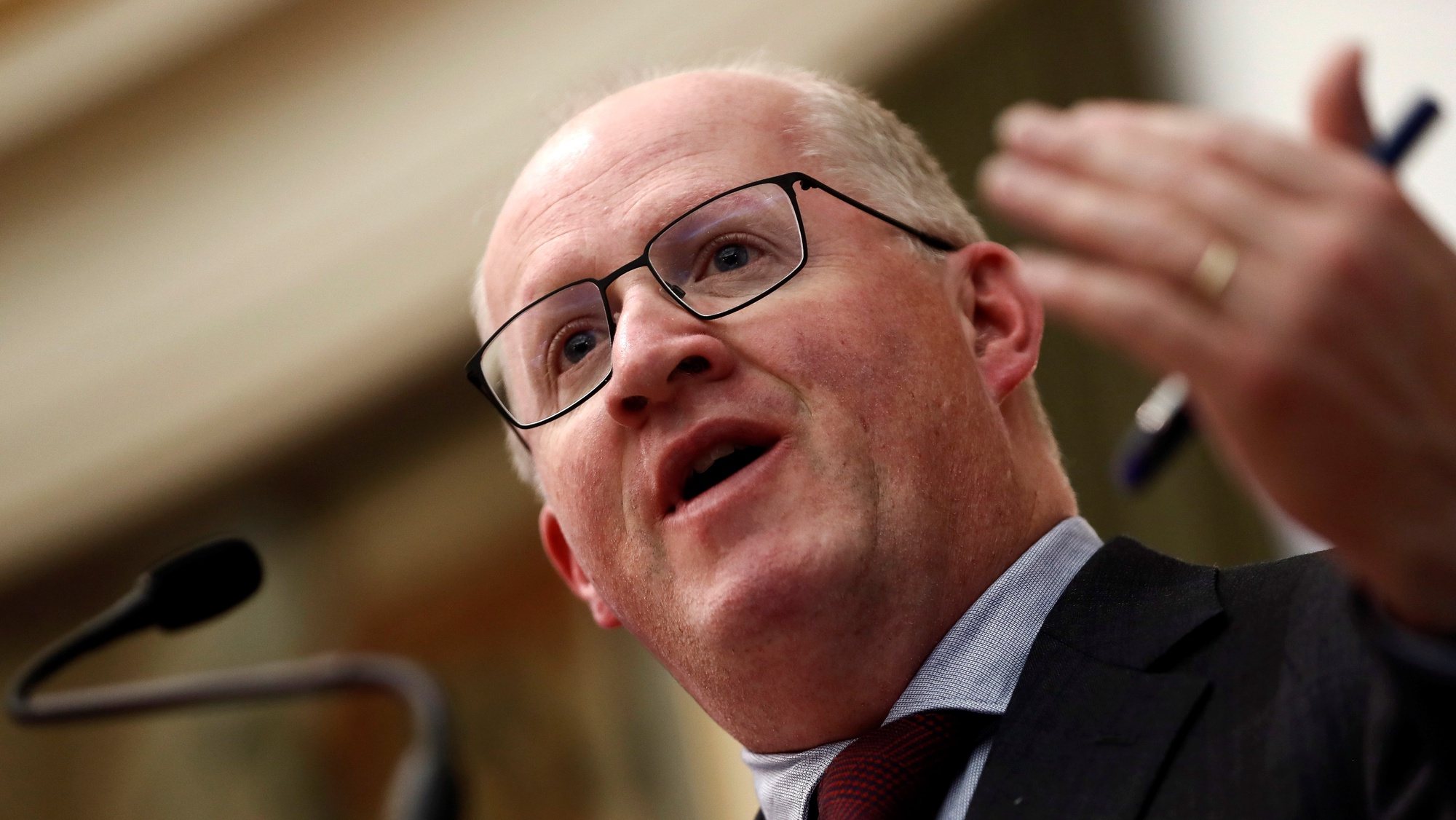Governments must increase taxes on the richest and on companies that accumulate profits in the current context, in order to finance public aid to the citizens hardest hit by the energy crisis. Who defends it is the Irish Philip Lane, Chief Economist at the ECB and “right arm” by Christine Lagarde.
In an interview with the Austrian newspaper Der Standard, Philip Lane argued that the financing of support measures for the most vulnerable “could take the form of higher taxes for those with higher incomes or [impostos] on highly profitable industries and companies despite the energy shock“.
Philip Lane’s comments come at a time when governments are under pressure to announce public support measures for the most vulnerable segments of society, measures financed by mounting deficits. At the same time, the ECB is under pressure to control inflation that Christine Lagarde, the head of the monetary authority, has already acknowledged that she does not have all the tools to counteract.
“From an equity standpoint, but also from a macroeconomic perspective, governments need to support the income and purchasing power of the families and businesses that are being hit the hardest,” says Philip Lane. “The big question is whether some of this support should be funded by tax increases or tax increases on the wealthiest.”
Now, this is where Lane makes his preference clear. “If you help those in need by raising taxes, it has less of an effect. [no aumento] on inflation than if you increase the deficit“says the chief economist of the ECB.
On Monday, in the European Parliament, Christine Lagarde reiterated that public support must be “localized, temporary and surgical” (as opposed to broadband support, for all or almost all citizens). This is because injecting liquidity into the economy, especially if financed with new debt, may exacerbate the inflation problem and force the ECB to raise interest rates further.
Source: Observadora
